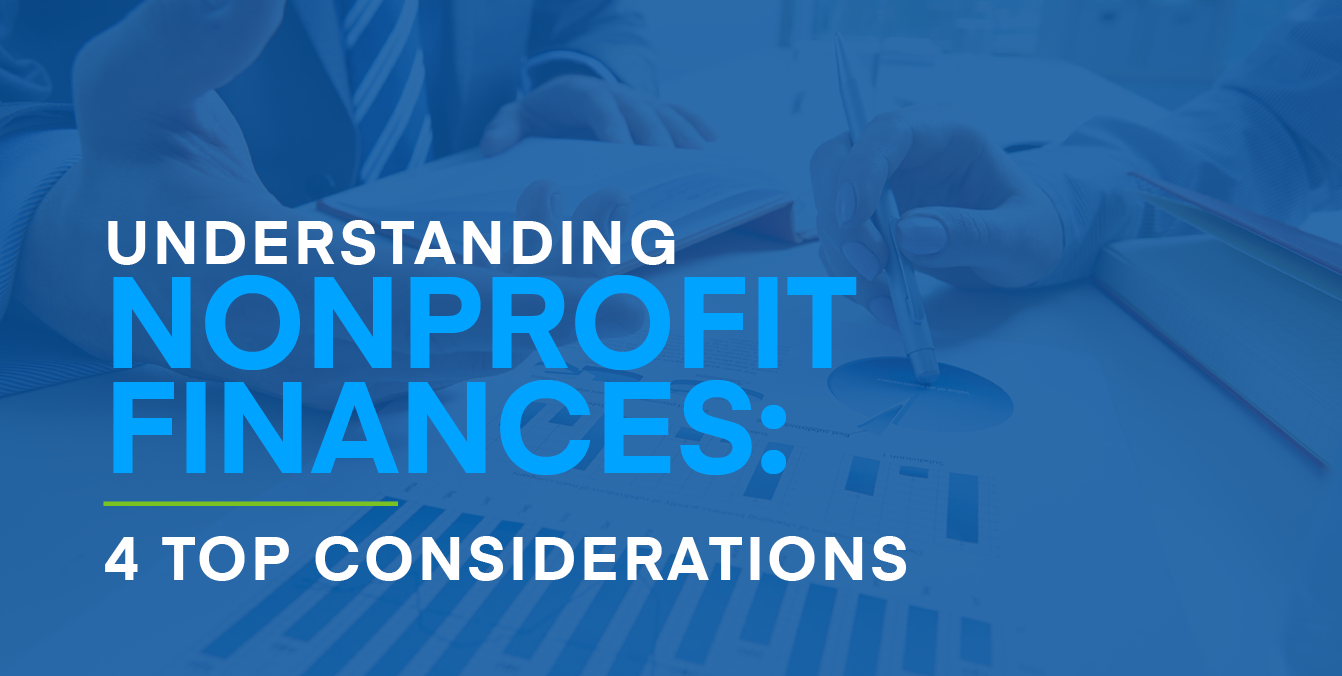
3 Important Questions You Should Be Asking Major Donors
April 5, 2023Major donors give your nonprofit its largest gifts. These donations allow you to complete specific projects, fill your annual fund, meet fundraising campaign goals, and more.
To discover major donors, you’ll first need to use your donor data to determine your organization’s specific major donation threshold. Next, you can conduct wealth screening within your current pool of donors to find individuals that may be in a position to make a large gift. Then, you’ll extend your efforts to prospect research, looking for new potential donors who have both the financial capacity to give and an interest in your nonprofit’s mission.
However, major gift fundraising isn’t just about securing donations. It’s about building long-lasting relationships with individuals who are passionate about your mission and who want to see your organization succeed in realizing its vision.
This is where consistent communication comes into play. In this guide, we’ll walk through three important questions that you should be asking your major donors to get to know them as people, improve their experience with your organization, and set yourself up for a strong relationship that may lead to future gifts. Let’s begin.
1. Tell me about yourself.
The wealth screening and donor prospecting processes will give you a lot of information on which to base your major donor communication efforts, such as the donor’s educational and professional history, political involvement, and past philanthropic contributions, as well as basic details like their name and geographic location.
Beyond leveraging this data to build relationships, you should get to know your donors as people, too. That’s why the best question to start with is an open-ended, “Tell me about yourself.”
This question gives the donor a chance to open up, tell you what their life looks like, and explain what matters most to them. They might tell you about their family, job, or hobbies. They could recap a recent vacation, or share what book they’re currently reading. At first glance, this information might not seem relevant to your organization or its fundraising activities, but knowing a thing or two about your donors’ personal lives can actually help with:
- Striking up regular check-in conversations with individual donors
- Personalizing fundraising outreach efforts
- Connecting donors with involvement opportunities that match their interests
Additionally, no donor wants to feel like an ATM with legs! By encouraging your donors to share their interests with your team, you’re demonstrating that you care about them as people. This people-first attitude will result in sustained support for years to come as your donors feel truly seen and valued by your organization.
2. What are your communication preferences?
Every donor is different—especially when it comes to communication preferences. Though you should try to cater to every donor’s communication needs, this will be especially important for your major donors.
So, make sure you ask, “What are your communication preferences?” In addition to learning about what channels your donors respond to best, find out how often they want to be contacted, and determine who at your organization they’d like to hear from. Here are two examples of what it might look like to put all of this information into a winning strategy:
- Isabella, a long-time major donor, tells you she prefers to be contacted via social media, and, more specifically, that she’s very responsive to Facebook messages. She also lets you know that she’d love to chat regularly and that she’s most interested in hearing how things are going with your programming. So, you could have your program director send Isabella Facebook messages on a monthly basis.
- Miles is a new major donor and prefers talking in person or receiving an email. They indicate that checking in every six months or so is the best way to stay in touch with them, and they happen to know your nonprofit’s executive director very well. So, your executive director could meet up with Miles twice a year or send an occasional email to keep them in the loop.
No matter your donors’ preferences, consistency is key for relationship-building. Kwala’s guide to donor communications suggests creating a donor communication calendar. This is an excellent strategy for keeping in touch on a regular basis and crafting your communications around your nonprofit’s campaigns and events.
3. Would you like to discuss opportunities for further involvement with our cause?
Major donors have more to offer your organization than just monetary donations. They may have the time or talents to help your nonprofit level up its next campaign, make your annual event the best it can be, or take a program to new heights.
This is why the third question you should ask is, “Would you like to discuss opportunities for further involvement with our cause?” This question invites your donor to think beyond monetary donations and consider how they can contribute to your mission in additional ways that appeal to their interests and are personally fulfilling.
For example, a donor might be interested in contributing to your organization by doing one (or more!) of the following:
- Volunteering. Volunteer opportunities can be a great way for your major donors to get boots-on-the-ground experiences delivering your mission to your beneficiaries. Whether they’re helping tutor at-risk students, weeding a community garden, or walking shelter dogs, they’ll get to spend time with the people who benefit most from your work, which can inspire them to get more involved!
- Contributing in-kind donations. The term “major donor” immediately brings to mind donations of money, but why not ask your major donors for in-kind donations? For example, you could ask them to supply materials for one of your programs or provide an auction item for an upcoming event.
- Offering advice. Your major donors may also have a lot of experience, expertise, and wisdom under their belts. Don’t be afraid to ask them for their advice on things that they’re experts in, whether that’s managing finances or decorating for events. This is a great way for them to combine several aspects of their lives and really make a difference for your organization.
- Serving on your board. For some major donors, it may make sense to invite them to serve on your board of directors. This is a highly-involved, hands-on ask, so make sure to communicate why you think their presence on the board would be valuable and what is expected of board members.
When a major donor can deepen their connection to and involvement with your organization, you’ll have even more opportunities to communicate with them and work alongside them. Consequently, you’ll strengthen your relationships!
Whether your nonprofit is gearing up for a capital campaign, or just looking to build out its first major giving program, getting to know your major donors and prospects should be your utmost priority. Use these questions to learn more about your donors as people, tailor your outreach, and invite them to get involved with your organization.
To take your efforts further, consider working with a nonprofit consultant who is experienced in building relationships with major donors. The right consultant can help you further your efforts to get to know your donors and involve them in your work. Good luck!
Get The Latest Updates
Subscribe To Our Monthly Newsletter
No spam, notifications only about new products, updates.
Become a subscriber
Subscribe to our blog and get the latest updates straight to your inbox.


